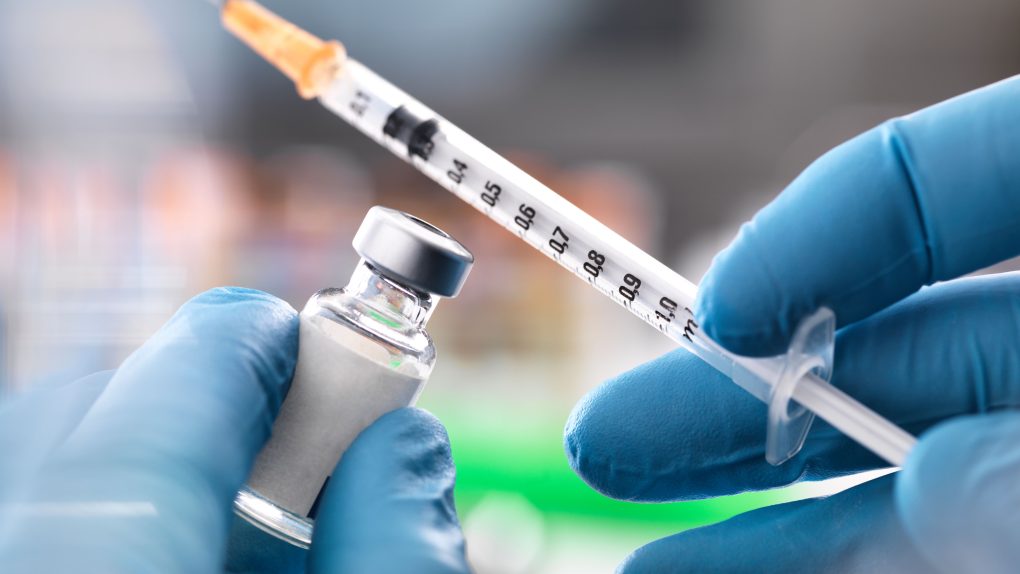Treatment for individuals infected with the human immunodeficiency virus (HIV) has come a long way in the past couple of decades, but a vaccine to prevent the spread of the virus has long been a seemingly unattainable holy grail for scientists. That could change very soon, as researchers are steadily advancing trials of HIV vaccines which show incredible potential.
As NBC News reports, scientists have developed a trio of potential HIV vaccines that are still going through rigorous trials. The drugs appear promising, and if things continue to progress at the current rate, HIV vaccines could begin to enter availability by 2021.
HIV isn’t a one-trick pony. There are multiple subtypes of the virus that are present around the globe, and different vaccines designed to target one or more of these variants would be crucial to waging a global war against the illness. Of the three HIV vaccines currently progressing through trials, one is built specifically to target a subtype of the virus that has devastated portions of southern Africa, while the other two are designed to combat a broad range of HIV variants.
The administration of the vaccines is somewhat demanding, requiring multiple injections over a series of doctor visits. The trials are helping health officials better understand the rates at which the drugs can prevent the spread of HIV while also revealing differences in effectiveness between segments of the population. A vaccine may be more effective in young African women but not as effective in middle-aged white men, for example.
Eventually, the researchers working on the vaccines hope to advance their understanding of how the virus reacts to the drugs. This could lead to vaccines that require far fewer injections, perhaps even reaching a point where a single doctor visit would be enough to protect an individual.








